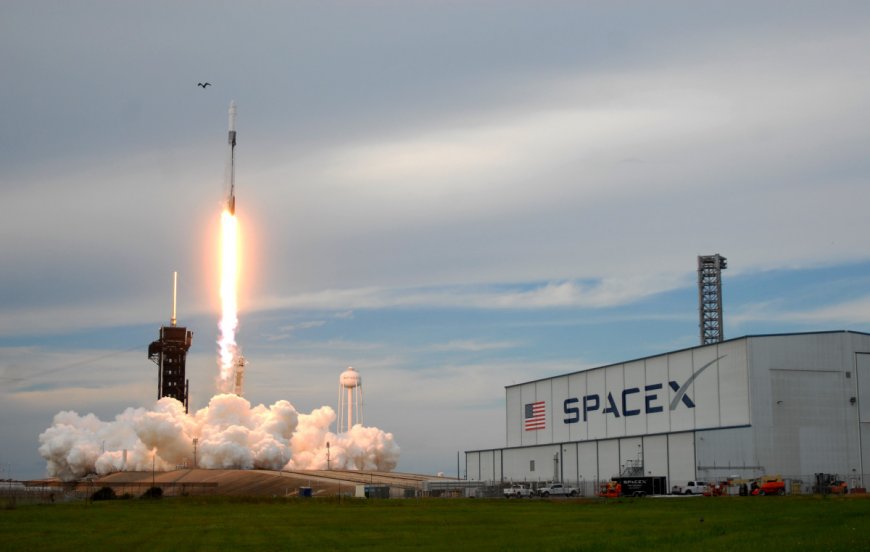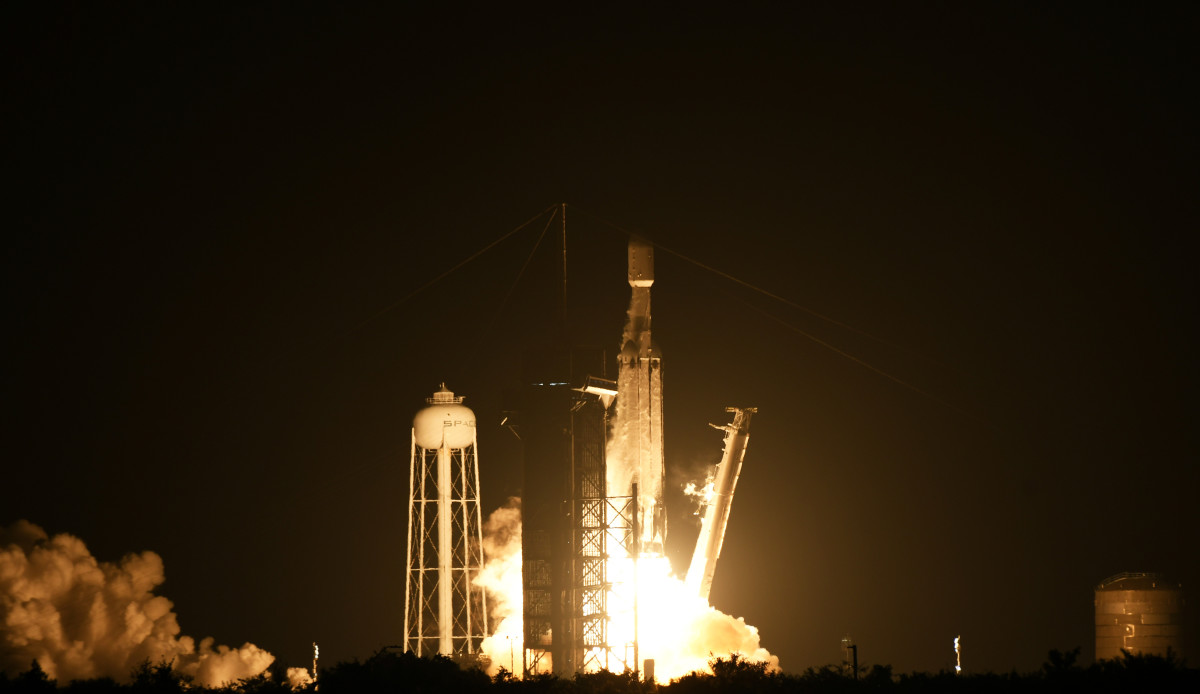Why Elon Musk's SpaceX is a major driver for the space industry
The founder of the world's first space ETF broke down his vision for the future of space-related investment.

Elon Musk remains committed to guiding humanity to Mars and beyond, a goal his space exploration firm SpaceX is designed to accomplish. Boasting a $150 billion valuation, the company is the most valuable privately-held corporation in the U.S.
And the company has become the dominant force in the $464 billion space industry. SpaceX, according to Musk, is currently responsible for delivering 80% of all payload to orbit for the year. He expects that number to jump to 90% by next year.
Related: Elon Musk shares exciting updates about the future of interplanetary travel
With this market dominance, SpaceX has become the major driver of the space industry, Andrew Chanin, the CEO and co-founder of ProcureAM ETFs told TheStreet. The reason behind this industry-wide impact, Chanin, who manages a global space ETF, said, comes down to enhanced accessibility.
"With the advent of reusable rockets, SpaceX is really opening up the world or the universe for opportunities for companies, for governments, for militaries, even for individuals, as far as what is capable with space," Chanin said. "A lot of things that they're doing are benefiting other players in the space industry."
Reusable rockets are at the core of SpaceX's infrastructure. The company's Falcon 9 rockets are semi-reusable, with the booster designed to return to Earth where it can be refurbished to fly again. SpaceX's Starship, which has yet to see a second test flight, has likewise been designed to be partially reusable. 
"If one can figure out how to effectively reuse rockets just like airplanes, the cost of access to space will be reduced by as much as a factor of a hundred," Musk said in 2015. "A fully reusable vehicle has never been done before. That really is the fundamental breakthrough needed to revolutionize access to space."
This reduction in price, Chanin said, allows for the economic feasibility of a whole slew of companies and industries to experiment with space-related business.
"We are in the very early innings of the space industry," he said. "There's been fascination for centuries, but we're starting to be able to unlock so much of what's potentially capable in the near future based on things like the significantly reduced cost of launch."
The potential risk, he noted, is that a lack of competition in the launch sector could begin to hurt that same accessibility side of the industry that SpaceX has been helping. Many of SpaceX's launches are self-serving, specifically related to expanding the company's Starlink satellite constellation.
"You never want to be reliant on any one party for almost anything," Chanin said. "If all of your eggs are in one basket, for numerous reasons, that might not necessarily be the best policy."
Investing in the future of space
For Chanin, the most interesting component of space investing has little to do with a potential future IPO of SpaceX or the next generation of orbital space stations. Rather, the most unpredictable growth component of the space sector has to do with the potential of humanity's ability to leverage possible alien technology.
Related: Elon Musk is frustrated about a major SpaceX roadblock
Veteran and UFO whistleblower David Grusch testified in July to the fact that, not only are UFOs very real, the U.S. government is in possession of crashed alien craft. Though the Pentagon has denied these claims, rumors of the government attempting to reverse-engineer alien technology have abounded, and this, if true, marks the space sector for a possible ChatGPT-like moment, Chanin said.
"Forget whether it's crazy or real — If you assume that is true what possible use cases might we be able to develop? And how does someone price out unlocking a potentially alien or other dimensional type of technology," Chanin said. "And what could that do for the space industry to drive certain milestones that might be decades or centuries out much closer?"
"And so I think this is one of the few industries that's potentially working on types of things like this that are so far out that we don't even know what they're trying to develop," he added. "That's one of the most exciting types of industries because people aren't talking about it."
Action Alerts PLUS offers expert portfolio guidance to help you make informed investing decisions. Sign up now.
What's Your Reaction?


























































